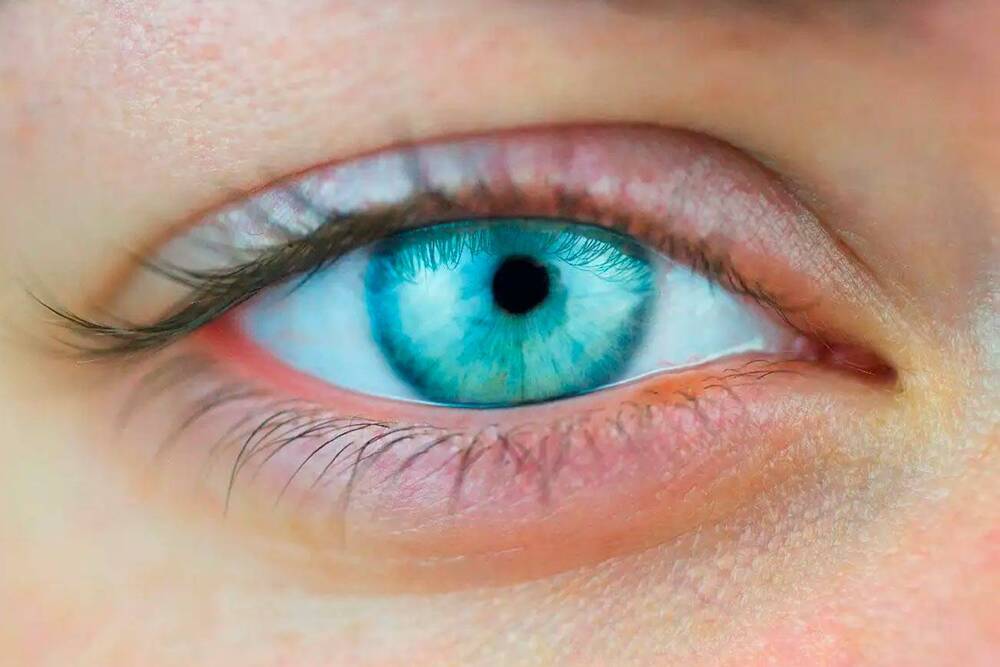It was always going to come to something like this. But now, everyone at work may be even more concerned about what they write and say.



Quite a bit of my consulting work lately has focused on helping clients counter false information spreading online. This sort of engagement can very quickly lead to rough and murky waters, especially if an organization does not arm itself with proper ongoing situational awareness tools in order to differentiate between the bad actors who are steering the narrative and the people unknowingly posting false information.
Much of the discourse on ‘fake news’ these days conflates three notions: misinformation, disinformation and mal-information. It’s important to distinguish messages that are true from those that are false, and messages that are created, produced or distributed by “agents” who intend to do harm from those that are not. I recommend that you ensure your online comms and digital engagement folks are well versed in key definitions from the Council of Europe’s Information Disorder Report:


For those building their own remote controlled devices like RC boats and quadcopter drones, having a good transmitter-receiver setup is a significant factor in the eventual usability of their build. Many transmitters are available in the 2.4 GHz band, but some operate at different frequencies, like the 868/915 MHz band. The TBS Crossfire is one such transmitter, and it’s become a popular model thanks to its long-range performance.
When [g3gg0] bought a Crossfire set for his drone, he discovered that the receiver module consisted of not much more than a PIC32 microcontroller and an SX1272 LoRa modem. This led him to ponder if the RF protocol would be easy to decode. As it turns out, it was not trivial, but not impossible either. First, he built his own SPI sniffer using a CYC1000 FPGA board to reveal the exact register settings that the PIC32 sent to the SX1272. The Crossfire uses channel hopping, and by simply looking at the register settings it was easy to figure out the hopping sequence.
Once that was out of the way, the next step was to figure out what data was flowing through those channels. The data packets appeared to be built up in a straightforward way, but they included an unknown CRC checksum. Luckily, brute-forcing it was not hard; the checksum is most likely used to keep receivers from picking up signals that come from a different transmitter than their own.

The unsung star of Jurassic Park was a mosquito frozen in amber. While you can’t really extract blood from specimens like that, you could be transported back in time if you looked at a specimen of fossilized tree sap and found a 110 million-year-old lizard staring back at you.
Creatures get trapped in amber all the time, but most prehistoric finds are insects. Amber is a great material for preserving arthropods because of their already tough shells that will hold on even if the insides disintegrate. But what about a lizard? Retinosaurus hkamentiensis is a new extinct species of lizard that was unexpectedly found trapped in Burmese amber. No one expected an entire reptile to be preserved so well, from its scaly skin down to its skeleton.
What are now the empty eyes of Retinosaurus may have once seen dinosaurs or giant ferns or dragonflies the size of your head. It was determined to be a juvenile that ran into a sticky situation when it ran into a glob of tree amber that it couldn’t escape. It was so well preserved that paleontologist Andrej Čerňanský of Comenius University and his team, who recently published a study in Scientific Reports, approached the prehistoric lizard almost as if it were alive.

It’s not a new fact that with age comes several problems, especially if you don’t take care of yourself. This applies to eyesight as well; as you grow old, the chances of you facing vision-related problems are high. And unfortunately, some people do suffer from one or more vision-related issues.
But there is a way in which this problem can be overcome. Several supplements are available to help you improve your vision, and they can help you address vision-related issues in a much more efficient manner. There are several vision-related problems, and likewise, there are supplements that tackle multiple vision problems and provide you with relief.
But the harsh truth is that not every supplement is made the same, meaning not all supplements are safe to use. This is the main reason why people are a little skeptical about purchasing any kind of dietary supplement.


The rising visibility of Ethical AI or AI Ethics is doing great good, meanwhile some believe it isn’t enough and a semblance of embracing Radical Ethical AI is appearing. This is closely examined, including for AI-based self-driving cars.
Has the prevailing tenor and attention of today’s widely emerging semblance of AI Ethics gotten into a veritable rut? Some seem to decidedly think so.
Let’s unpack this. You might generally be aware that there has been a rising tide of interest in the ethical ramifications of AI. This is often referred to as either AI Ethics or Ethical AI, which we’ll consider herein those two monikers as predominantly equivalent and interchangeable (I suppose some might quibble about that assumption, but I’d like to suggest that we not get distracted by the potential differences, if any, for the purposes of this discussion).
